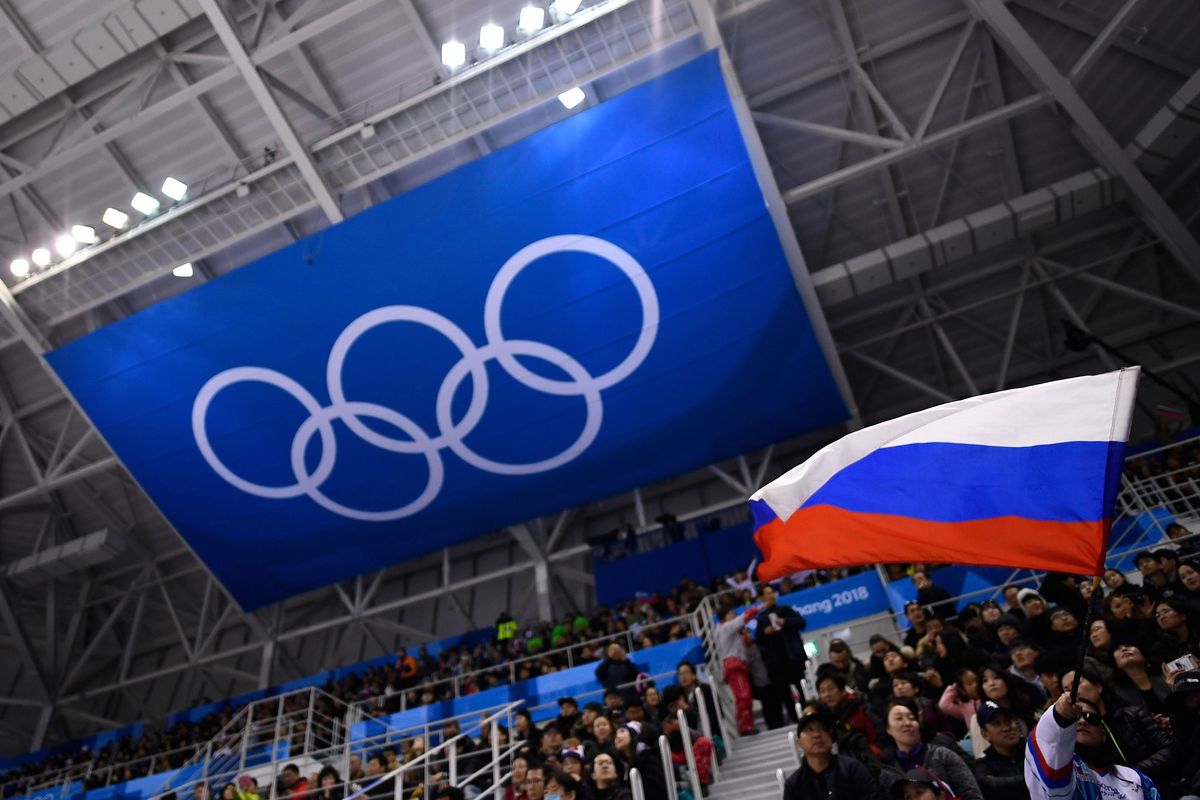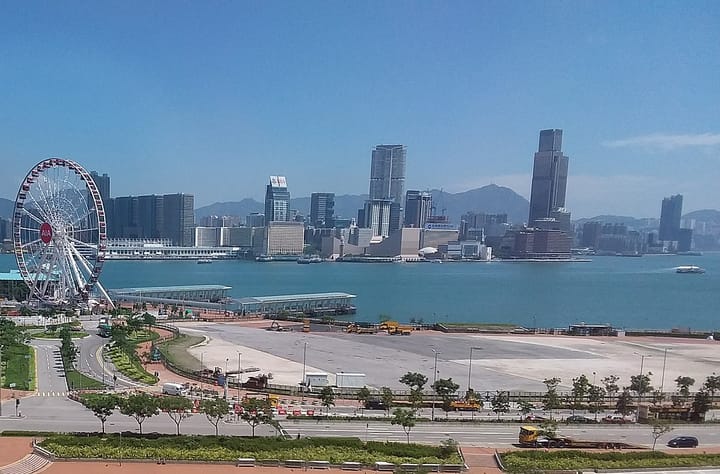Russia banned from international sport for four years

A few minutes every morning is all you need.
Stay up to date on the world's Headlines and Human Stories. It's fun, it's factual, it's fluff-free.
On Monday, December 9, The World Anti Doping Agency (WADA) banned Russia from competing in international sports competitions for four years.
WADA imposed the ban after an emergency meeting of its executive committee concluded that Russia had attempted to cover up a campaign of state-sponsored doping.
The ban means that Russia will be excluded from taking part in several upcoming international sporting events. Russia’s name, flag and anthem will not feature at the 2020 Olympics, the 2022 Beijing Winter Olympics or the upcoming football World Cup in Qatar.
Although the country itself is banned, the ban does not exclude all Russian athletes.
Individual competitors from the country can still compete in the Olympics and other world championships, albeit under a neutral flag and team name, provided that there is no direct connection between them and the Russian doping scandal.
Although the ban doesn’t prohibit Russian athletes from participating in the competitions, government and sporting officials from Russia are unable to attend. The ban also forbids the country from hosting or bidding to host any future sporting events.
Russia has 21 days from the announcement of the ban to submit an appeal to the Court of Arbitration for Sport.
Reports suggest that a Russian appeal is likely.
[article_ad]
Why has WADA banned Russia?
WADA initially banned Russia in 2017 after several in-depth independent reports and whistleblower testimony uncovered an extensive programme of state-sponsored doping in the country.
The Mclaren Report revealed widespread Russian doping at the 2012 London Olympics and the 2014 Winter Olympics in Sochi. Mclaren’s findings implicated over 1,000 athletes across 30 sports.
As a result, WADA suspended Russia from international sport competitions, including the 2018 Winter Olympics. The anti-doping agency only allowed Russian athletes that had been vetted as unconnected with the doping scandal to compete as neutrals in the Games. After only two of the 168 Russian athletes who competed in the 2018 Winter Olympics failed drug tests, WADA overturned the ban. In that case, the reinstating of Russia to global competitions depended on the release of data about doping from its anti-doping agency, Rusada.
In September, WADA revealed that Russian anti-doping officials had manipulated the drug testing data they handed over as a condition for Russia’s return to international competitions.
After the discovery of “inconsistencies” and evidence of having tampered with the doping data, WADA banned Russia from competing in international sport competitions for the second time.
[article_ad]
Mixed reaction
While WADA received praise from some quarters for its response to Russian doping, not everyone was satisfied.
Following the announcement of the sanctions, Sir Craig Reedie, the chief executive of WADA, said: “Russia was afforded every opportunity to get its house in order and rejoin the global anti-doping community for the good of its athletes and of the integrity of sport, but it chose instead to continue in its stance of deception and denial."
Jonathan Taylor, a British lawyer involved in a report that suggested banning Russia from international sport competitions, added that the sanctions could result in a symbolic humiliation for the Russian government.
“Don’t tell me that doesn’t affect them," Taylor said. “What happens if this neutral team wins the World Cup and Putin’s not there? Don’t tell me it doesn’t mean anything."
Criticism of the decision came from within WADA itself. The organization’s vice-president, Linda Helleland, said she wasn’t “happy with the decision."
However, the Russian prime minister, Dmitri Medvedev, said that WADA’s decision was a “continuation of anti-Russian hysteria."
Despite encouraging Russian sporting authorities to submit an appeal, Medvedev offered a concession. “The Russian side, too — by that I mean our sports community — still has significant problems with doping," he said. “This is undeniable."
Umar Kremlev, the general secretary of the Russian Boxing Association, told reporters that Russian boxers would only take part in the Tokyo Olympics if WADA overturns its decision.
“They said we won’t go without our flag and anthem," Kremlev said. “We aren’t going for medals, but for that feeling that I brought the highest honor home for my country."
Russia’s doping problem
While the 2017 Mclaren Report exposed Russian doping in recent international sporting events, the reality is that Russian sport has long had a doping problem.
A 1989 study on the 1980 Summer Olympics claimed that “There is hardly a medal winner at the Moscow Games, certainly not a gold medal winner, who is not on one sort of drug or another: usually several kinds. The Moscow Games might as well have been called the Chemists’ Games."
In the run-up to the 2008 Olympics in Beijing, seven Russian track and field athletes were suspended for manipulating their urine samples.
In October 2009, IAAF general secretary Pierre Weiss said that blood samples from Russian athletes “recorded some of the highest values ever seen since the IAAF started testing" and that tests from the 2009 World Championships “strongly suggest a systematic abuse of blood doping."
Although Russia is the worst doping offender, statistics suggest that violations are common in other countries.
A WADA report found that across all sports, some of the most prominent European countries, including France and Italy, also record-high levels of positive tests for banned substances.
[article_ad]




Comments ()